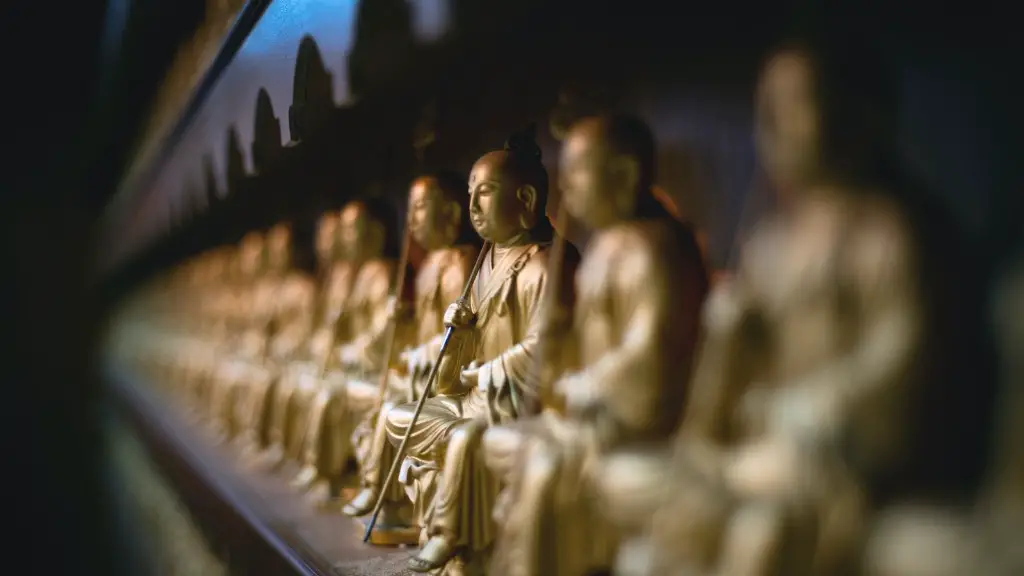Halloween
Halloween is a popular holiday celebrated each year on October 31. It is widely recognized as a time for dressing up in costumes, carving pumpkins and eating delicious treats. While many think of Halloween as simply a day devoted to fun, many wonder if it has any religious roots. Does Halloween really have anything to do with Christianity?
History
Throughout history, the day of October 31 has been widely associated with religious holidays. For the ancient Celts, it was the night when their god of death, Samhain, was said to reap the souls of the deceased. In Medieval Europe, this day marked the eve of All Saints’ Day, a Catholic holiday also known as All Hallows or Hallowmas. Therefore, many Christian traditions associated with All Hallow’s Eve evolved over time.
All Hallows’ Eve Traditions
In the Middle Ages, Halloween was known to be a night of magic and was believed to be the time when the veil between the worlds of the living and the dead was said to be at its thinnest. During this time, huge communal bonfires were lit to ward off evil spirits. People often engaged in divination rituals, such as the reading of tea leaves or animal entrails, to foretell the future. In the 1800s, an Irish tradition of telling “ghost stories” during a late-night vigil became very popular in the United States.
Modern Halloween Customs
Today, the most common traditions involve trick-or-treating, making jack-o-lanterns, bobbing for apples and participating in costume parties. History experts suggest that these activities have been adapted from ancient European and Christian rituals, although the reasons for why some traditions are practiced are now lost.
Does It Have Christian Roots?
While many traditions are adapted from religious practices, Halloween is not traditionally a Christian celebration. According to experts, the holiday has become more of a secular activity and less focused on supernatural beliefs. However, many Christian denominations still believe that Halloween is a “dangerous” holiday and that people should avoid participating in activities associated with it.
Halloween and Christianity
The modern-day celebration of Halloween is loosely based on historical Celtic, Christian, and European traditions. While the focus is not on traditional religious teachings, some people may still view the holiday as having a spiritual background. For this reason, some religious groups feel that participating in activities such as trick-or-treating or costume parties is inappropriate.
Current Controversy
In recent years, Halloween has become increasingly controversial. This is due, in part, to the fact that some people think the holiday is not “family friendly” and is damaging to religious values. However, according to experts, Halloween is all about having fun and good-natured scare. Despite its potential spiritual implications, it is mostly seen as an opportunity to spend time with loved ones and appreciate the joys of the season.
Is Halloween Satanic?
Despite what some people may claim, there is no evidence to suggest that Halloween is inherently Satanic. Scholars suggest that any satanic associations with the day can be traced back to anti-Catholic sentiments in the 1880s and 1890s when some Protestant denominations sought to demonize Catholic festivals such as All Saints’ Day and All Souls’ Day.
What Does the Bible Say?
According to the Bible, Christians are to “abstain from every form of evil” (1 Thessalonians 5:22). The interpretation of what is considered “evil” is open to debate, but the Bible does not specifically condemn the tradition of Halloween. As such, it is up to each individual to decide whether or not to participate in the celebration.
Conclusion
The celebration of Halloween is rooted in ancient European and Christian traditions. However, it is now mostly seen as a secular activity and is perceived by many as an opportunity to spend time having fun with family and friends. For this reason, participation in Halloween activities is a personal choice.
